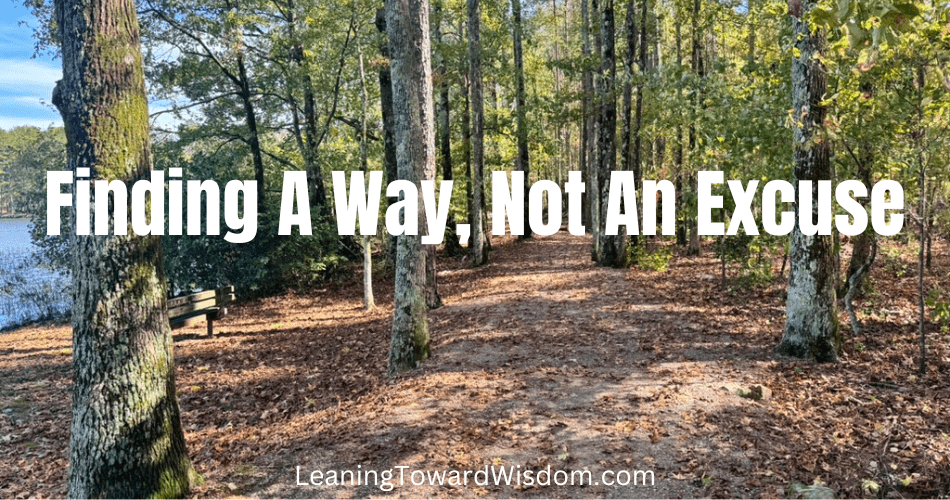Podcast: Play in new window | Download (Duration: 32:39 — 14.9MB)
Subscribe: Apple Podcasts | Spotify | iHeartRadio | Email | RSS | More
The Reality Distortion Field. Guy “Bud” Tribble was Vice President of Software Technology at Apple Inc. As Apple was developing the first Macintosh computer in 1981, Bud used the term to describe Apple’s founder Steve Jobs. The term seems to have originated in a 1966 episode of Star Trek when it was used to describe how the aliens encountered by the crew of the starship Enterprise created their own new world through mental force.
It seems the great thinkers who are doers, like Steve Jobs, embrace (and enjoy) living in the reality distortion field of their own making. That is, they see things the rest of us don’t. Vivid imagination coupled with obsession drive produces the likes of Steve Jobs and Elon Musk.
Is it distortion though?
It is when compared to the current state. Coupling the term “reality” to it makes it seem as though it’s delusion. Something that’s inaccurate, or unreal. Not true to the reality. Like a photograph that’s distorted. Or the lenses in a pair of mis-prescribed glasses.
The achievements of self-driven maniacs to build great things, or to solve complex problems don’t seem to the result of delusion though. Rather, they seem to be imagined by people capable of seeing what the rest of us can’t. Yet.
“No great mind has ever existed without a touch of madness.” ―
The madness is subjective. What appears as madness to one feels ordinary to another.
“The reasonable man adapts himself to the world: the unreasonable one persists in trying to adapt the world to himself. Therefore all progress depends on the unreasonable man.” ― George Bernard Shaw, Man and Superman
I think that term better conveys the truth, unreasonable. It’s less of a reality distortion field and more of an unreasonable – or beyond current reasoning – view of what is possible. It’s a reality bending field where the unreasonable man adapts or bends the current reality into a new, improved future reality. Then continues to do it over and over again.
Apple is introducing the iPhone 15. I’m currently producing today’s show on a 2023 Apple MacBook Pro. Nevermind that just this week Apple introduced some brand new MacBook Pro models. In 1984 I purchased the first Apple Macintosh computer. That was then. This is now. Not even Steve Jobs, in 2011 at the time of his death, could have imagined the current technology. Had he lived, he most certainly would have figured it out though – and who knows what bigger, better products may have emerged under the Apple brand name?
Steve Jobs died 12 years ago (October 5, 2011). Who knows what he may have imagined? Or what things he may have seen as persisted in trying to bend the present technology to fit his vision? It’s what unreasonable men do. Mostly, unreasonable people find a way, not an excuse.
We embrace different degrees and characteristics of unreasonableness as we navigate the various chapters of our life.
“Only those who will risk going too far can possibly find out how far one can go.” ― T.S. Eliot
How unreasonable are you? And in what ways – or about what things – are you unreasonable? Are they positive or destructive?
Some of the titans of innovation have been so focused on what they see and what they want that others around them pay a high price. Sometimes, it’s a price willingly paid. For example there are stories of high level employees of Apple and other high-performing companies where they burned out due to the intensity, pressure and elevated expectations. Opting for employment elsewhere, some experience boredom though because the pace is slower, the expectations lower and the strain much less difficult. In the absence of those things that burned them out they realized there was a void in their daily joy so they returned back to the company from which they resigned. Is that unreasonableness positive or destructive? Maybe both.
There are other stories of these mono-maniacs on a mission (Tom Peters coined that phrase in “In Search of Excellence”) who are incredibly accomplished at work, but miserable humans at home with family and friends. Unwilling, or unable to separate themselves from the pursuits they behave poorly in their private lives. In fact, many behave poorly professionally, but they often are able make that tyranny work for them inside the confines of their company. Armed with a lack of desire to be liked at work, they’re often unlikeable no matter where they go. Or no matter whom may be around them.
Again, an unreasonableness that is simultaneously positive and destructive. Positive in getting things done, even seemingly impossible things. Destructive in that the accomplishment takes a toll on relationships. The most unreasonable people don’t care though.
The hero worship desire may prompt us to apply benefit where no benefit is sought by the unreasonable person. We may ascribe the desire to solve some grand humane proble when the reality may be the unreasonable man is merely seeking to outrun a youthful shadow filled with angst, pain and suffering. A driven desire to be somebody special in order to prove an abusive mother or father wrong!
Perhaps the unreasonable person is simply driven to be rich and powerful. There may be nothing altruistic about their motives, but we may find it hard to fathom that somebody could be so driven for something so basic, so primal. Just as we hear said of every murder victim – “they were kind and helpful and loved by everybody” – we’re tempted to characterize the high-achieving unreasonable person as one who possessing a deep yearning to do good. History shows us that’s not accurate. And the kindest of murder victims was clearly not loved by everybody, especially their murderer.
Unreasonableness, like most things, isn’t an absolute. There are degrees and exceptions. On every extreme.
Awareness. Self-awareness. When it comes to our unreasonableness, our reasonableness and whether or not our conduct and behavior are helpful or harmful.
Lately, I’ve been focused on detrimental behavior. Mostly, my own, but also looking at all harmful conduct. What prompted most of this was the notions of struggle, adversity and suffering. Strength is improved by struggling to overcome or endure. In a word, it’s “resistance.” We grow and improve when we resist.
We weaken ourselves when we don’t.
Finding a way is about becoming an experienced warrior. Doing battle. It’s not about winning every battle, but it’s about fighting the fight and not losing so badly we’re unable to fight again.
Finding an excuse is looking for somebody or something to blame so we can avoid accepting responsibility. It’s about letting ourselves off the the accountability hook. Finding an excuse is avoiding the corner where the magic happens. That corner where we can back into and rid ourselves of all excuses. Where all the fuel for our excuses is extinguished. When we back ourselves into that corner we learn there’s only one way out. Forward.
But let’s avoid being confused…thinking all the answers are within ourselves. They’re not. God is the Creator. He’s God, we’re not. We need guidance through His Word. Do you want to learn more, then visit Let The Bible Speak, or In Thy Paths.
These choices are drastically different and they result in dramatically different outcomes.
We can spend our time finding excuses and we’ll find weakness, failure and inefficiency.
We can find a way and discover strength, resilience and success.

P.S. Next Thursday is Thanksgiving! I hope it’s a happy and safe one for you and your family. I’ll be taking off the next couple of weeks. Enjoy yourself. Enjoy your family. Enjoy your friends.
Please tell a friend about the podcast!
• Join our private Facebook group
• Email me
Help Me Reach My $1,000 Goal
I plan to start vlogging from Hot Springs Village, Arkansas because the place is spectacular.
The scenery will make for a great backdrop. Plus, there are many places I’d like you to see.
To help, click the link (or the image below) to donate
Sweetwater Gift Certificates (use RandyCantrell [at] gmail [dot] com).
Thank you!

